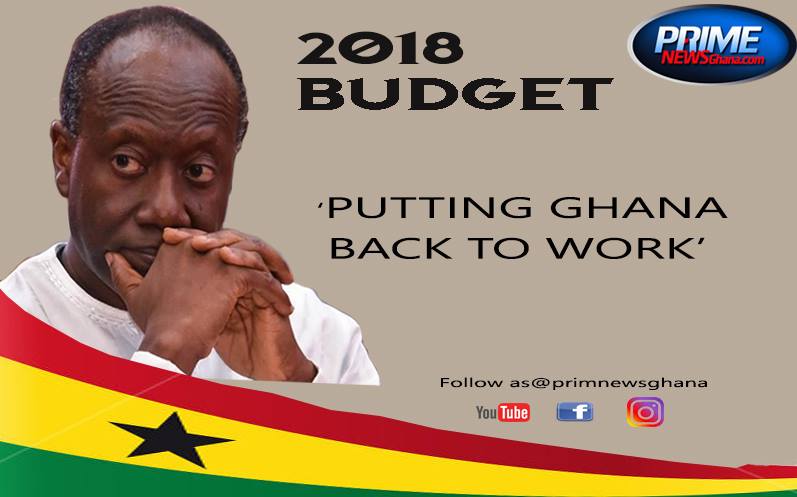Head of Public Relations at the Ministry of Finance, Madam Cecilia Isabella Akwetey, says the 2018 Budget Statement and Economic Policy of government has been translated into seven Ghanaian languages in order to enhance easy understanding to the ordinary Ghanaian.
She said the Ministry had been collaborating with the Information Services Department, Ghana Education Service and other institutions at the district level to distribute the translated budget copies as well as explaining the content of the budget to the people.
The local languages are Ga, Ga-Dangbe, Nzema, Dagbani, Asante Twi, Ewe and Gonja. Madam Akwetey made the disclosure at the Annual Post Budget Sensitisation Workshop for members of the Institute of Financial and Economic Journalists (IFEJ) and Parliamentary Press Corps in Accra on Monday.
The workshop, organised by the Ministry of Finance, is intended to enhance the knowledge and understanding of journalists on the 2018 budget to ensure effective communication and dissemination of accurate information to the public.
Madam Eva Mends, the First Female Director of Budget of the Ministry of Finance, said the budget was the most important document of the Ministry because it contained key policies and programmes of government that would influence the lives of the people.
She said despite the good initiatives outlined in the budget, it would not make the desired impact if it was not communicated effectively to the people, hence the meeting with the media.
“Part of getting a good budget implemented is to get the right energy and support from the people and we believe that the media is best placed to communicate the message to the people,†she added.
Madam Mends said every budget was about making choices considering the needs and concerns of the people, saying;†This year’s budget is good and reflects the aspirations of Ghanaiansâ€.
Â





